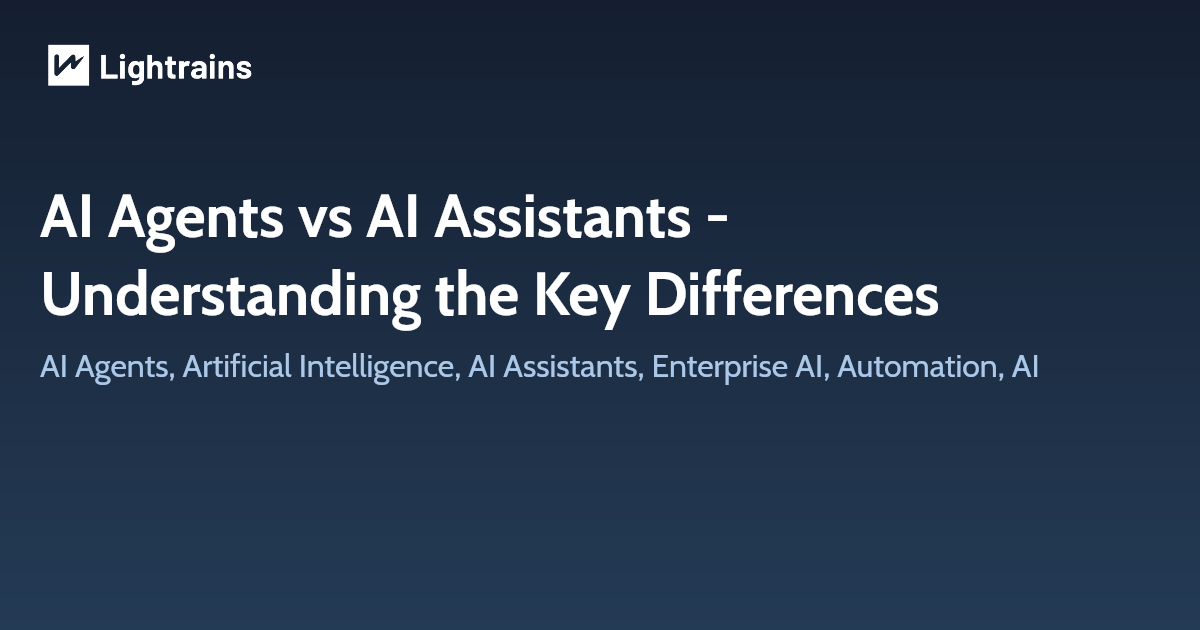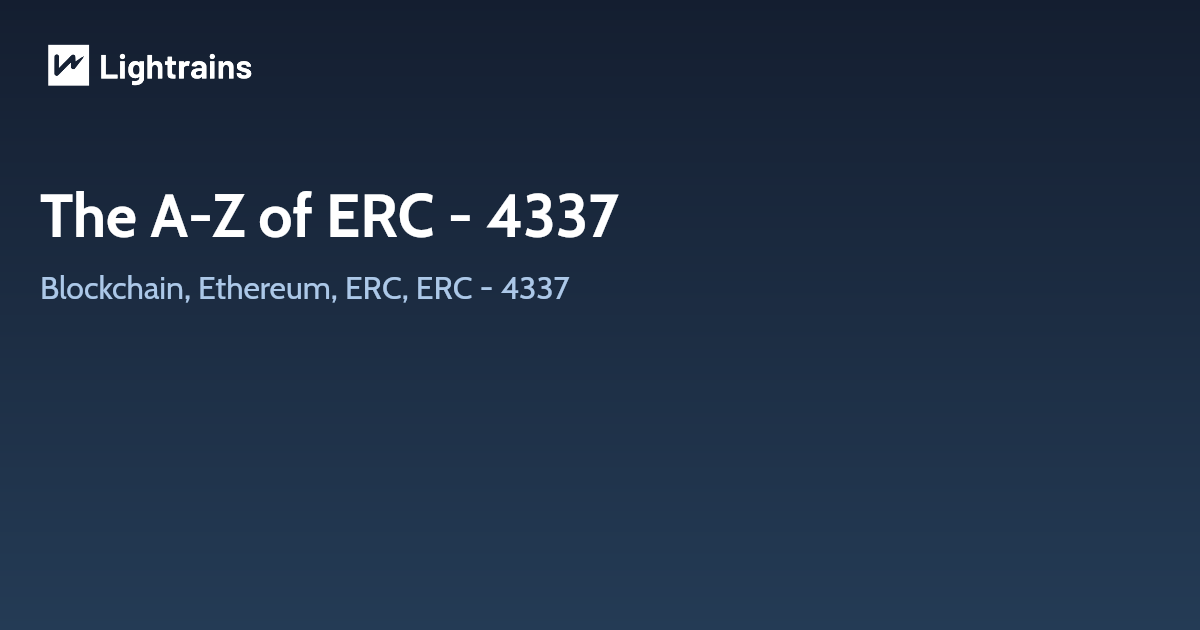
Solidity is a high-level language whose syntax is similar to that of JavaScript and it is designed to compile to code for the Ethereum Virtual Machine. As you will see, it is possible to create contracts for voting, crowdfunding, blind auctions, multi-signature wallets and more.
Solidity is the programming language that we use to create Etherem based Smart Contracts.
I have covered the steps to install Solidity in my previous blog Compile and Deploy Solidity Contract
Data Types
Booleans
bool: The possible values are constants true and false.
Operators:
- ! (logical negation)
- && (logical conjunction, “and”)
- || (logical disjunction, “or”)
- == (equality)
- != (inequality)
Integers
int / uint: Signed and unsigned integers of various sizes. Keywords uint8 to uint256 in steps of 8 (unsigned of 8 up to 256 bits) and int8 to int256. uint and int are aliases for uint256 and int256, respectively.
Address
address: Holds a 20 byte value (size of an Ethereum address). Address types also have members and serve as base for all contracts.
Next we will look into Expressions and Control Structures
Source
This article originally appeared on lightrains.com
Leave a comment
To make a comment, please send an e-mail using the button below. Your e-mail address won't be shared and will be deleted from our records after the comment is published. If you don't want your real name to be credited alongside your comment, please specify the name you would like to use. If you would like your name to link to a specific URL, please share that as well. Thank you.
Comment via email







